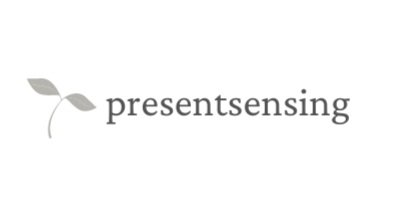Therapy Is a Collaborative Process
In therapy, we work together to make decisions about what path to take. Collaboration is at the heart of embodied, relational Gestalt therapy.
Collaboration in the Therapeutic Relationship
In a collaborative therapeutic relationship, both people matter equally. Trust is essential to growth. Rather than a hierarchy where the therapist is “the expert,” we honour that you are the expert on you.
Collaboration allows:
open dialogue about the direction of therapy
space to share what feels supportive and what doesn’t
opportunities to adjust the process together
This co-created relationship is where healing and change can be possible.
Essential Ingredients of a Collaborative Process
Collaboration in therapy depends on qualities such as:
integrity
accountability
transparency
authenticity
respect
negotiation
checking in
cooperation
sensitivity
listening
What would you add to this list? What allows you to feel seen, heard, acknowledged, celebrated, and supported?
Why Collaboration Matters in Therapy
Collaboration ensures therapy isn’t something done to you, but something created with you. It:
empowers you to shape the process
builds mutual respect and trust
supports accountability for both therapist and client
fosters authentic relationship
In embodied, relational Gestalt therapy, collaboration is the foundation for awareness, choice, and wholeness.
Frequently Asked Questions About Collaborative Therapy
What does collaborative therapy mean?
It means therapy is a partnership. Both therapist and client bring their perspectives, and decisions are made together about direction and focus.
Why is collaboration important in therapy?
Collaboration builds trust and ensures therapy is relevant and responsive. It creates space to share what is working, what isn’t, and how to move forward together.
How does embodied, relational Gestalt therapy use collaboration?
This approach emphasises the therapeutic relationship itself as a healing space. Through collaboration, both therapist and client bring awareness to what happens in the moment and co-create new possibilities.
What if I don’t agree with my therapist?
In collaborative therapy, disagreement isn’t a problem — it’s an opportunity for dialogue. Sharing your perspective helps adjust the process so it better supports you.
Do you offer collaborative therapy online?
Yes. I offer embodied, relational Gestalt therapy in Toronto and online therapy across Ontario, where collaboration is always central.

